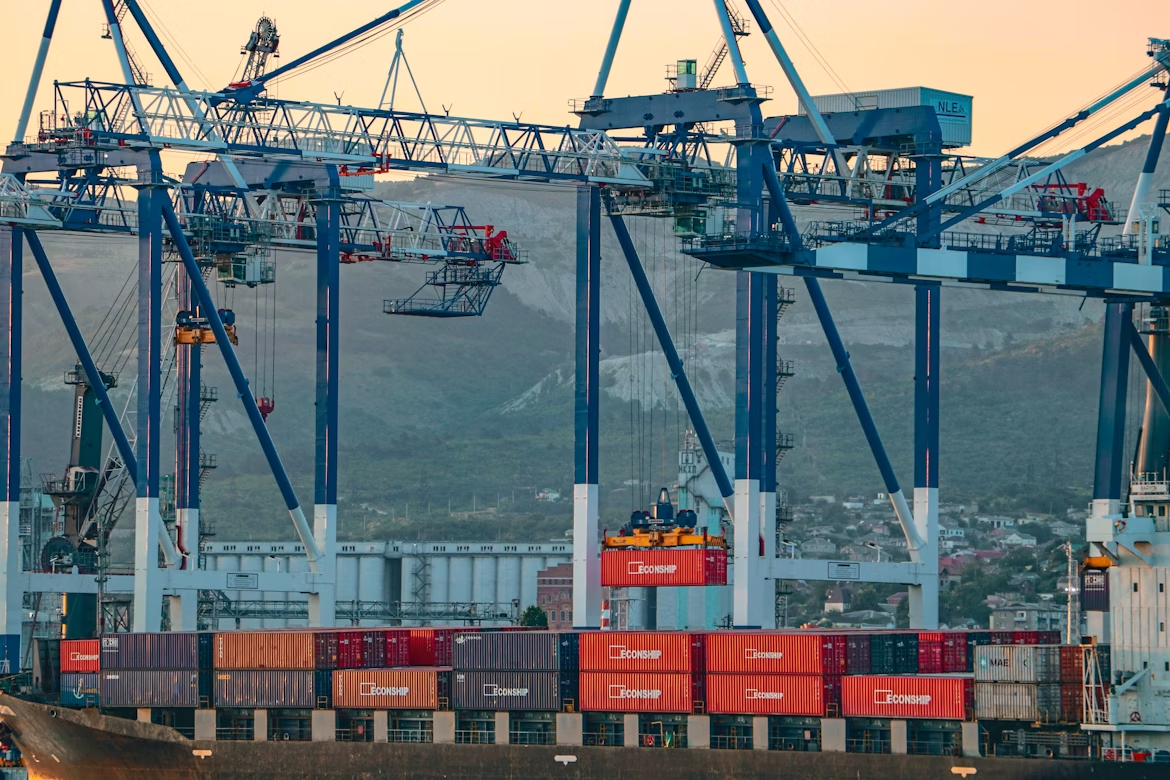In a dramatic escalation of U.S. trade policy, President-elect Donald Trump has announced sweeping 25% tariffs on all imports from Canada and Mexico, a move that threatens to upend North American trade relations and disrupt key industries.
The surprise announcement—delivered at Trump Tower in New York—comes just weeks before his January 2025 inauguration, leaving businesses, investors, and global leaders scrambling to assess the potential fallout.
The tariffs mark a sharp departure from the United States-Mexico-Canada Agreement (USMCA), the trade deal Trump himself renegotiated in 2020. With Canada and Mexico serving as America’s top trading partners, the policy shift has ignited fears of retaliatory measures and a possible full-scale trade war.
Trump’s Justification: “America First” on Trade
Trump defended the move as necessary to protect American jobs and manufacturing, arguing that Canada and Mexico have unfairly benefited from U.S. trade policies.
“For too long, we’ve been taken advantage of by Canada and Mexico,” Trump said. “They flood our markets with cheap goods, undercut American workers, and take our jobs. That ends now.”
While Trump’s stance resonates with his “America First” trade agenda, it contradicts the USMCA, which eliminated most tariffs to encourage seamless trade between the three nations. By imposing a blanket 25% tariff, Trump’s policy risks dismantling the framework that has governed North American trade for decades.
Industries Brace for Economic Fallout
Auto Industry Faces Higher Costs and Job Risks
The automotive sector—which relies on tightly integrated supply chains spanning the U.S., Canada, and Mexico—will be among the hardest hit.
Major automakers, including Ford, General Motors, and Toyota, source critical parts across borders and assemble vehicles in multiple locations. The new tariffs could:
- Increase vehicle production costs by thousands of dollars, forcing higher sticker prices for American consumers.
- Reduce competitiveness in the global auto market.
- Threaten American jobs in manufacturing and assembly plants.
“This tariff will ripple across the entire auto industry,” said Kristin Dziczek, senior automotive analyst. “It will make U.S. vehicles more expensive and less competitive in global markets.”
Agriculture and Retail Prepare for Higher Prices
Farmers and food producers will also feel the effects. Canada and Mexico are the top buyers of U.S. agricultural exports, including corn, wheat, dairy, and beef. A trade dispute could:
- Reduce demand for U.S. farm products, hurting American farmers.
- Increase grocery prices for U.S. consumers, as imports of Mexican fresh produce, avocados, and seafood become more expensive.
Retailers such as Walmart, Target, and Best Buy—which rely on imported consumer goods and electronics—may also pass higher costs onto consumers.
Canada and Mexico Vow Retaliation
Both Canadian Prime Minister Justin Trudeau and Mexican President Andrés Manuel López Obrador condemned the tariffs, warning of countermeasures against U.S. exports.
“We will not stand by while unfair trade policies hurt Canadian workers and businesses,” Trudeau said.
“These tariffs are unjustified and harmful,” López Obrador stated, hinting at counter-tariffs on U.S. agricultural and manufactured goods.
Trade experts warn that a tit-for-tat retaliation could:
- Lead to higher tariffs on U.S. steel, energy exports, and agriculture.
- Destabilize North American supply chains, increasing costs for manufacturers.
- Trigger an economic slowdown if trade disputes escalate.
“This could spiral into a trade war that harms all three economies,” said Robert Scott, senior economist at the Economic Policy Institute. “History shows that tariffs lead to countermeasures, which lead to economic slowdowns.”
Markets React: Stocks Drop Amid Uncertainty
Financial markets reacted swiftly:
- The Dow Jones Industrial Average plunged nearly 600 points in early trading.
- The Mexican peso and Canadian dollar weakened, reflecting investor concerns.
- Energy and manufacturing stocks saw significant losses as businesses braced for supply chain disruptions.
Meanwhile, U.S. business leaders and trade groups voiced strong opposition, with the U.S. Chamber of Commerce calling the tariffs “a self-inflicted wound.”
Political Fallout: Trump Faces Pushback—Even From Republicans
While Trump’s protectionist stance resonates with his Rust Belt base, the move has drawn bipartisan criticism in Congress.
- Senate Minority Leader Chuck Schumer (D-NY) called the tariffs “reckless,” warning that they will raise costs for American families.
- Republican Senator Mitch McConnell (R-KY), a longtime free trade advocate, said the tariffs “risk undermining the economic recovery.”
- Even Republican lawmakers from farm states expressed concerns about retaliation from Canada and Mexico, which could devastate U.S. agriculture.
What Comes Next? Trade War or Negotiation?
With weeks to go before Trump’s inauguration, businesses and foreign governments are scrambling to prepare. Some industries may lobby for exemptions, while others brace for significant cost increases.
The biggest uncertainty remains:
- Will Canada and Mexico retaliate with tariffs of their own?
- Will last-minute negotiations prevent a full-scale trade war?
- Could Trump use the tariffs as leverage for a new trade deal?
For now, Trump’s 25% tariff policy has shaken North American trade relations, leaving the long-term economic consequences still unfolding.


